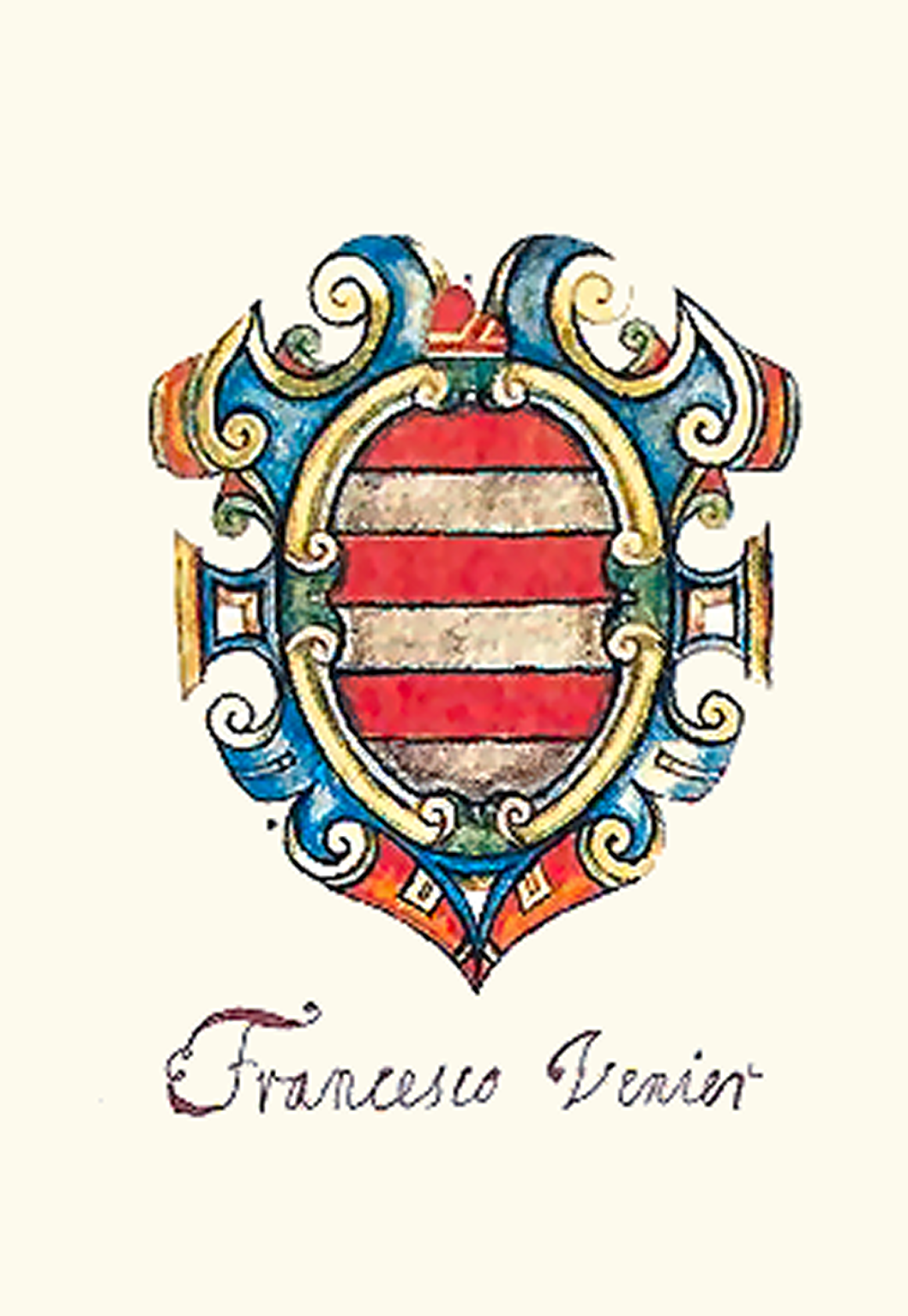|
Marcantonio Trevisan
Marcantonio Trevisan (c. 1475 - 31 May 1554), was the 80th Doge of Venice Venice ( ; it, Venezia ; vec, Venesia or ) is a city in northeastern Italy and the capital of the Veneto Regions of Italy, region. It is built on a group of 118 small islands that are separated by canals and linked by over 400 ... from 1553 to 1554. References 16th-century Doges of Venice {{Italy-noble-stub ... [...More Info...] [...Related Items...] OR: [Wikipedia] [Google] [Baidu] |
Titian – Portrait Of Marcantonio Trevisan, Doge Of Venice – Google Art Project
Tiziano Vecelli or Vecellio (; 27 August 1576), known in English as Titian ( ), was an Italian (Venetian) painter of the Renaissance, considered the most important member of the 16th-century Venetian school. He was born in Pieve di Cadore, near Belluno. During his lifetime he was often called ''da Cadore'', 'from Cadore', taken from his native region. Recognized by his contemporaries as "The Sun Amidst Small Stars" (recalling the final line of Dante's '' Paradiso''), Titian was one of the most versatile of Italian painters, equally adept with portraits, landscape backgrounds, and mythological and religious subjects. His painting methods, particularly in the application and use of colour, exercised a profound influence not only on painters of the late Italian Renaissance, but on future generations of Western artists. His career was successful from the start, and he became sought after by patrons, initially from Venice and its possessions, then joined by the north Italian ... [...More Info...] [...Related Items...] OR: [Wikipedia] [Google] [Baidu] |
Doge Of Venice
The Doge of Venice ( ; vec, Doxe de Venexia ; it, Doge di Venezia ; all derived from Latin ', "military leader"), sometimes translated as Duke (compare the Italian '), was the chief magistrate and leader of the Republic of Venice between 726 and 1797. Doges of Venice were elected for life by the Venetian nobility. The ''doge'' was neither a duke in the modern sense, nor the equivalent of a nobility, hereditary duke. The title "doge" was the title of the senior-most elected official of Republic of Venice, Venice and Republic of Genoa, Genoa; both cities were republics and elected doges. A doge was referred to variously by the titles "My Lord the Doge" ('), "Most Serene Prince" ('), and "Serene Highness, His Serenity" ('). History of the title Byzantine era The office of doge goes back to 697. The first historical Venetian doge, Orso Ipato, Ursus, led a revolt against the Byzantine Empire in 726, but was soon recognised as the () and (a honorific title derived from the Greek w ... [...More Info...] [...Related Items...] OR: [Wikipedia] [Google] [Baidu] |
Republic Of Venice
The Republic of Venice ( vec, Repùblega de Venèsia) or Venetian Republic ( vec, Repùblega Vèneta, links=no), traditionally known as La Serenissima ( en, Most Serene Republic of Venice, italics=yes; vec, Serenìsima Repùblega de Venèsia, links=no), was a sovereign state and Maritime republics, maritime republic in parts of present-day Italy (mainly Northern Italy, northeastern Italy) that existed for 1100 years from AD 697 until AD 1797. Centered on the Venetian Lagoon, lagoon communities of the prosperous city of Venice, it incorporated numerous Stato da Màr, overseas possessions in modern Croatia, Slovenia, Montenegro, Greece, Albania and Cyprus. The republic grew into a Economic history of Venice, trading power during the Middle Ages and strengthened this position during the Renaissance. Citizens spoke the still-surviving Venetian language, although publishing in (Florentine) Italian became the norm during the Renaissance. In its early years, it prospered on the salt ... [...More Info...] [...Related Items...] OR: [Wikipedia] [Google] [Baidu] |
Doge Marc'Antonio Trevisan
A doge ( , ; plural dogi or doges) was an elected lord and head of state in several Italian city-states, notably Venice and Genoa, during the medieval and renaissance periods. Such states are referred to as "crowned republics". Etymology The word is from the Venetian language, reaching English via French. ', along with the related English word ''duke'' and the Italian '', '' (masculine) and ' (feminine) all descend from the Latin ', meaning either "spiritual leader" or "military commander". However, the words ''duce'' and ''Duca'' are not interchangeable. Moreover, ''Duca'' (duke) is an aristocratic and hereditary title. The wife of a doge is styled a '' Dogaressa'' and the office of the doge is termed ''dogeship''. Usage The title of ''doge'' was used for the elected chief of state in several Italian " crowned republics". The two best known such republics were Venice (where in Venetian he was called ) and Genoa (where he was called a ) which rivalled each other, ... [...More Info...] [...Related Items...] OR: [Wikipedia] [Google] [Baidu] |
Francesco Donato
Francesco Donato, member of the Donato family, was the Doge of Venice from 1545 to 1553. He was married to Giovanna Da Mula and Alicia Giustiniani Alicia Giustiniani was the Dogaressa of Venice Venice ( ; it, Venezia ; vec, Venesia or ) is a city in northeastern Italy and the capital of the Veneto region. It is built on a group of 118 small islands that are separated by canal .... References 16th-century Doges of Venice {{Italy-noble-stub ... [...More Info...] [...Related Items...] OR: [Wikipedia] [Google] [Baidu] |
Francesco Venier
Francesco Venier was the Doge of Venice from 1554 to 1556. See also * House of Venier References Francis Francis may refer to: People *Pope Francis, the head of the Catholic Church and sovereign of the Vatican City State and Bishop of Rome *Francis (given name), including a list of people and fictional characters *Francis (surname) Places * Rural M ... 16th-century Doges of Venice {{Italy-noble-stub ... [...More Info...] [...Related Items...] OR: [Wikipedia] [Google] [Baidu] |



